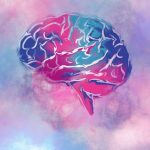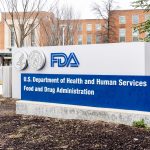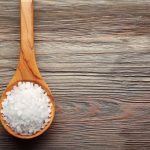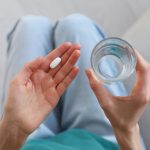
Causes of different kinds of dementia vary, but about 40% are affected by risk factors a person can influence through lifestyle choices. Two University of Michigan neurologists offer 10 tips for modifying those risks. Keep blood pressure in check. Dr. Judith Heidebrink, a neurologist who is co-leader of the Michigan Alzheimer’s Disease Research Center’s Clinical Core, recommends aiming for a systolic blood pressure (the upper number) of 130 mm Hg or lower from around age 40. This helps reduce risk of cognitive impairment, dementia, heart attack and stroke. Guard your hearing. Wear ear protection around excessive noise to reduce the risk of hearing loss, center director Dr. Henry Paulson urged. Use hearing aids, if needed. A recent study found that older adults who got a hearing aid for their newly diagnosed hearing loss had a lower risk of dementia in the following three years, he pointed out. Support efforts to reduce air pollution. “There is growing evidence linking air pollution — such as the gases and small particles emitted by cars and factories — to cognitive decline and dementia,” Heidebrink said. “Encouragingly, sustained improvements in air quality appear to reduce the risk of dementia.” Prevent head injuries. Wear proper gear when playing contact sports, including a helmet while biking. Don’t forget to use a seat belt in cars. Head injury can disrupt normal brain function.… read on > read on >


















